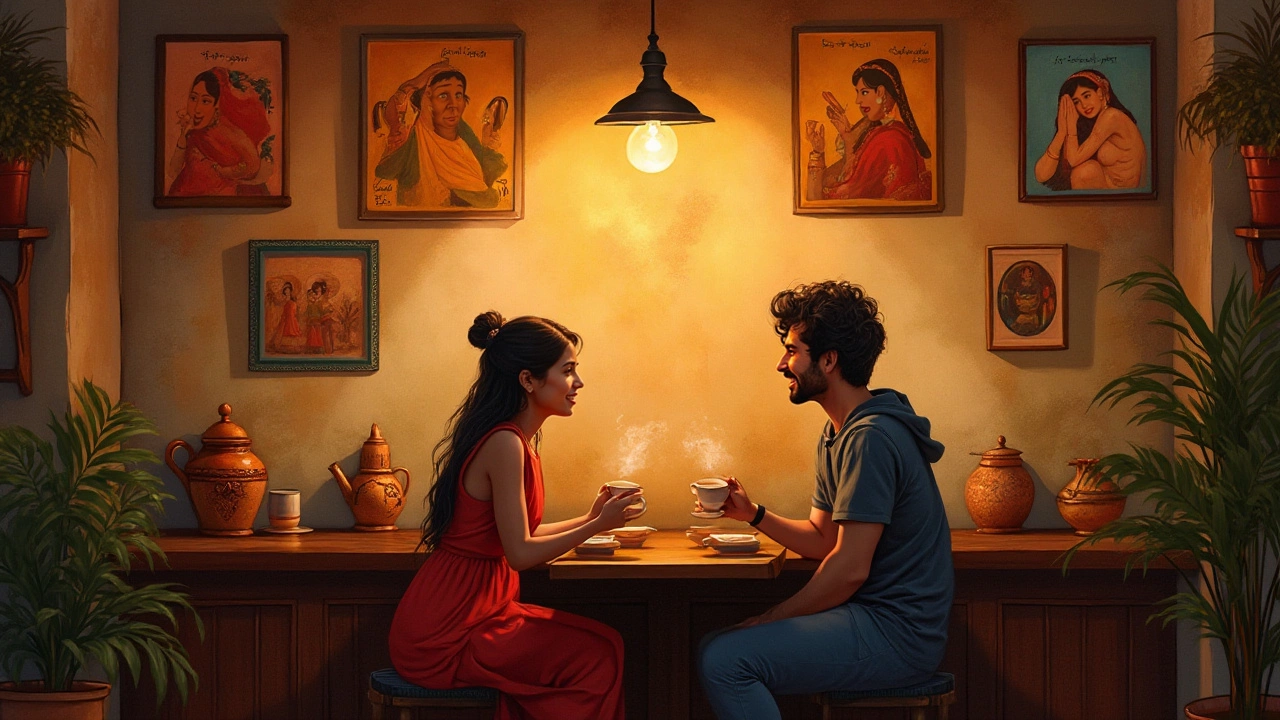Nicknames in India – Meaning, Types, and Cultural Insights
When exploring nicknames in India, informal names used by family and friends to show affection or describe personality. Also known as pet names, they vary across regions, languages, and traditions.
One major driver behind nicknames in India is the diversity of Hindi language, the most widely spoken language in northern India. A lot of endearing terms like “Babu”, “Guddu” or “Sweetu” come straight from Hindi’s playful vocabulary. In the south, the Tamil language, a Dravidian tongue spoken in Tamil Nadu adds its own flavor with nicknames such as “Kutty” or “Raju”. These examples show that nicknames in India stem from the everyday words people love.
How regional culture shapes the nickname game
Beyond language, cultural customs influence the choice of nicknames. In Punjabi households, for instance, the Punjabi culture, known for its vibrant festivals and hearty celebrations often gifts friends with names like “Mitti” or “Jatta”. Meanwhile, Gujarati families might prefer “Bapu” or “Mota”. These regional patterns illustrate the semantic triple: Nicknames in India reflect cultural values, regional languages provide the word pool, and family traditions determine the final pick. The result is a rich tapestry of affectionate terms that can instantly signal where someone comes from.
Nicknames also serve a social purpose. They are a quick way to break the ice, reinforce bonds, or tease someone in a friendly way. When a friend calls you “Chintu” or “Lakshmi” instead of your formal name, it signals trust and closeness. This social bonding function creates another triple: Nicknames in India enable stronger relationships, they are used in informal settings, they often replace formal titles. You’ll find this pattern across the country, whether it’s a schoolyard chant or a family dinner conversation.
Modern media has added new layers. Bollywood movies, TV serials, and viral social media memes constantly introduce catchy nicknames that spread nationwide. A popular TV character might be called “Baba” or “Didi”, and suddenly thousands adopt the term in real life. This shows how pop culture influences nickname trends, linking entertainment to everyday speech. The triple here is: Nicknames in India are shaped by pop culture, media creates shared references, people adopt these names to feel part of a community.
While many nicknames stay within families, some become public identifiers. Sports stars, politicians, and artists often receive nicknames that capture their persona—think “Tiger Shroff” or “Lal Bahadur”. These public monikers reflect how society perceives a person’s traits. They illustrate the triple: Nicknames in India can become public brands, they highlight defining characteristics, they aid in instant recognition. This crossover from private to public underscores the flexibility of Indian naming culture.
Understanding these patterns helps you pick the right nickname for any occasion. If you’re greeting a new friend from Delhi, a Hindi‑based nickname might feel natural. If you’re chatting with someone from Chennai, a Tamil‑inspired term shows respect for their background. And if you want to join the latest online trend, look at recent viral memes for fresh ideas. The collection below showcases articles that dive deeper into love meanings, Indian phrases, greetings, and cultural quirks—all of which tie back to how we name and address each other in everyday life.
